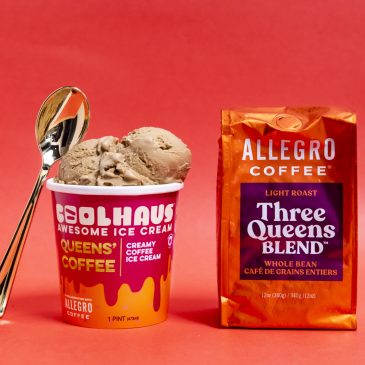Purpose At Work
Purpose At Work: Lessons From Muniq On Building A Purpose-Driven Startup
It is no secret that brands leverage notable, national or global events as platforms for awareness and recognition. What we have witnessed at COP21, however, extends much further than a pure sales stunt for brand involvement towards critical conversations and the championing of global causes that are essential to the survival of our planet, and ultimately the survival of brands themselves as well.
The power of a captive audience, a purposeful stage, a reputable partner and an authentic commitment, were the successful ingredients that Adidas corralled for announcing its new 3D-printed Ocean Plastic Shoe, the outcome of a collaboration with Parley for the Oceans.
Beyond a compelling design story and product innovation, this new footwear demonstrates an important colliding of marketplace players (here a for-profit brand and a non-profit advocacy organization) to meaningfully address tangible change and influence industry norms. And according to Captain Paul Watson via Parley for the Oceans, “If the oceans die, we die.” Quite the rally cry, though the UN agreed as it made protecting life underwater the 14th development goal.
The result at COP21? Adidas’ Ocean Plastic Shoe, the world’s first shoe upper made entirely of yarns and filaments reclaimed and recycled from ocean waste and illegal deep-sea gillnets, was showcased at COP21 to shine the spotlight on how business innovation, product redesign, and meaningful impact can be met in ways that scale positive global change to one of the most critical issues of our time. The importance of brands taking action was also highlighted, as was recognizing that not all brands can address all challenges. The key is identifying which causes or issues are important to you, your people and your place in the world and where your brand can contribute the most meaningful impact.
The result for Adidas? As a founding member of Parley for the Oceans, it has committed to supporting new design and innovation ideals with the mindset of ending plastic pollutions of the oceans. From phasing out plastic bags in its retail stores by end of Q1 2016 to ending the use of plastic micro beads in all its body care product by end of 2015, Adidas is demonstrating tangible, long-term actions of a business in support of ocean prosperity and protection.
The result of Parley for the Oceans? A high-profile partnership recognized at a high-profile event to bring its mandate of “…raising awareness for the fragility of our oceans and collaborate on projects that can end their destruction.”
The key takeaway? There are immense challenges we all face as a collective humanity, simply take a look at the UN SDGs. Once you’ve identified which area resonates most with your brand, you must take measurable action and seek out others who are experts operating in the space in order to scale impact, awareness and opportunities for others to get involved.

Purpose At Work: Lessons From Muniq On Building A Purpose-Driven Startup

Purpose At Work: 12 Lessons From Coolhaus On Purpose, Products And Partnerships
3 Ways Your Brand Can Support World Water Day

